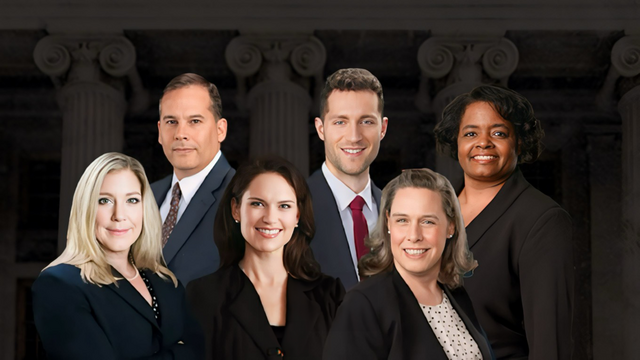Constitutional Issues with Prince William County DUIs
The Fourth and Fifth Amendments play an important role in how a DUI arrest can play out in court. The government must prove that it had reasonable suspicion to pull over the car or to initiate law enforcement contact. Common examples of driving behavior that gives an officer reasonable suspicion are speeding and/or swerving. If the government can clear that hurdle, they must also prove that they had probable cause to place the accused under arrest and must also inform a suspect of their rights. The Commonwealth’s case against you can collapse if they violate these rights.
If you have questions about constitutional issues with a Prince William County DUI, please contact a trustworthy drunk driving defense attorney for assistance.
Fourth Amendment Protections
Police must have probable cause to search your vehicle or arrest you. If there is an accident, that gives police the right to stop and investigate. However, they must have probable cause that something illegal may be happening if they wish to search a vehicle. Without that showing, people who are charged with a DUI have the right to challenge the stop and ask the court to make a ruling based upon a Motion to Suppress, arguing that the traffic stop or subsequent search was not constitutional.
In cases where a person is placed under arrest without a warrant (which is almost every DUI case), the government must show that the officer on the street had probable cause to place them under arrest. If they are unable to make that showing, then the arrest is considered unconstitutional. Any evidence that is derived from that arrest is inadmissible in court. This constitutional issue is important in a DUI case in Prince William County because the most compelling evidence against the person is often obtained after the arrest, such as a breathalyzer sample. If they can successfully argue in court that the government lacked probable cause to place them under arrest, then that breath test becomes inadmissible.
Fifth Amendment Protections
The Fifth Amendment states, among other things, that a person has the right to remain silent and not to be forced to answer questions from law enforcement. Most people are aware of the Miranda warnings which require police to advise them that they have the right to remain silent and to have an attorney present during questioning. The government must advise you of these rights once you are placed in custody. After the person is arrested, the government or the police officer can only ask questions after the arrested person has been read their rights. If they are questioned without properly advising the individual of their right to remain silent, those statements can be excluded from the Commonwealth’s case in chief.
Courts That Handle Constitutional Questions
Any court can rule on issues involving the constitution as it relates to a DUI in Prince William County. This includes the Virginia Court of Appeals, the Virginia Supreme Court, and even the United States Supreme Court. Any appellate court ruling that pertains to the constitutionality of a specific matter must be adhered to by the trial courts below. Any appellate court can, and will, rule on constitutional issues; and the trial courts are bound to follow the laws that are set forth by the appellate courts.
Prince William County courts are bound by law to evaluate all matters and determine whether constitutional violations occurred. It has very good judges who pay close attention to these issues and they rule on them to the best of their ability. They give each and every defendant a fair shake.
Consult a Prince William County Attorney Regarding Constitutional Issues with a DUI Arrest
Constitutional issues can impact a DUI case significantly because the remedy for the government failing to clear these constitutional hurdles is that the evidence obtained thereafter is inadmissible. This usually includes the breath test. These constitutional violations are absolutely worth exploring in every single DUI defense case in Prince William County. If the court agrees that a constitutional violation occurred, then that is extraordinarily damaging to the government’s case.
Schedule a consultation with an attorney to learn how constitutional issues may impact your situation.




